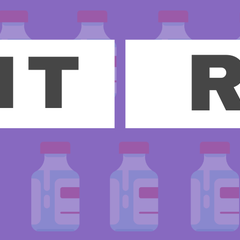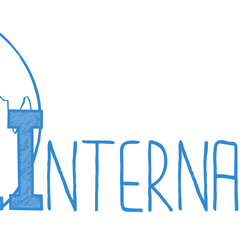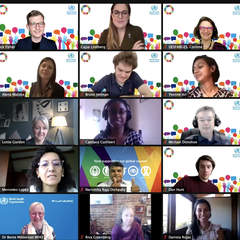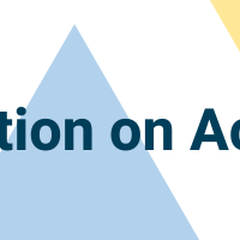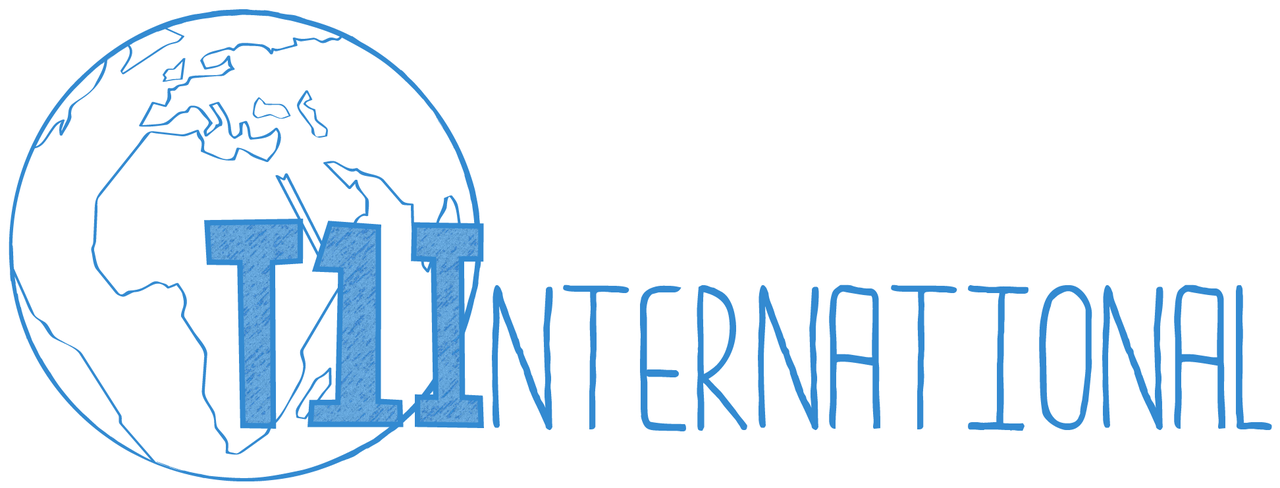
World Health Organization and Novo Nordisk Foundation - A Conflict of Interest
29 May 2024, 5:43 p.m. in News & Statements by T1International
Earlier this month, the Novo Nordisk Foundation, Wellcome, and the Bill & Melinda Gates Foundation announced a new partnership “to support critical scientific research and development (R&D) for global health,” with each organisation committing $100 million.
Dr. Tedros Adhanom Ghebreyesus, Director-General of the World Health Organization congratulated the Novo Foundation on their achievements, welcomed their huge donations for global health challenges, and voiced appreciation for the Novo Foundation’s financial support for the World Health Organization at the Global Science Summit (6 May 2024).
Diabetes is one of the major causes of death and disability and 80% of this burden is in low and middle income countries, requiring a response on the scale of the HIV epidemic. T1International is gravely concerned about the disconnect between the remarks from ground realities in resource poor settings and the conflict of interest that the World Health Organization (WHO) accepts pharmaceutical industry funding.
Eli Lilly, Novo Nordisk and Sanofi – the ‘Big Three’ insulin producers – dominate more than 90% of the world insulin market by value. They have employed tactics such as patent evergreening, and spending millions of dollars on lobbying to ensure that their market dominance is maintained. Recently, despite promising to lower insulin prices in the United States, Novo Nordisk announced it will discontinue Levemir insulin. In South Africa, MSF reported stock-outs of human insulin pen devices; Novo Nordisk has decided to no longer sell human insulin pens in the country after previously being the main supplier of 14 million insulin pens over the last three years. We have also heard from our global community of cases where Novo Nordisk was providing patients with diabetes with free or low-cost insulin and supplies, and suddenly decided to terminate that support. This power imbalance, where Big Pharma can give and take on a whim, is not a true solution to the global insulin and diabetes crisis.
The ‘Big Three’ pharmaceutical companies essentially hold patients hostage, charging costs for insulin that many people with diabetes who rely on insulin to survive across the globe cannot afford. T1International’s recent cost survey found that 19.5% of all respondents had rationed insulin due to cost within the last year, and 56% of respondents from low-income countries had rationed insulin due to cost within the last year.
The announcement of the Novo Nordisk Foundation funding purports that “The partnership is focused on supporting science and innovation to advance solutions that are accessible and affordable to people in low- and middle-income countries (LMICs).” However, Novo Nordisk should instead simply lower the price of insulin across the board. T1International continues to ask that all three insulin manufacturers make all of their insulins that are on the WHO’s Essential Medicines List available for government contract for $2 or less per vial or $5 or less for a box of pens in low and middle income countries.
T1International does not accept funding from the pharmaceutical industry and has encouraged all organisations to declare any potential conflict of interest as it relates to the pharmaceutical industry and diabetes health work. Unfortunately, we continue to see huge sums of money pouring from Big Pharma into supposed patient advocacy groups. Accepting funding from pharmaceutical manufacturers creates a routine awareness among sponsored groups that one “doesn’t bite the hand that feeds it.” Concerningly, WHO already accepts significant funding from the pharmaceutical industry including Johnson and Johnson, GlaxoSmithKline, Novartis, and others.
This week marks the seventy-seventh World Health Assembly (WHA), the decision-making body of the World Health Organization. Delegations from all WHO Member States are meeting about their health agenda, supervising financial policies, as well as reviewing and approving the proposed programme budget. Financial accountability and transparency is of vital importance now more than ever.
T1International and 36 other organisations shared a letter today with Dr. Tedros Adhanom Ghebreyesus, Director-General of the World Health Organization, urging that WHO reject any funding directly or indirectly from the pharmaceutical industry. The entity already rejects funding from the tobacco and formula milk industry, and pharmaceutical industry funding should be treated the same way. The letter also asks WHO to push insulin manufacturers and other pharmaceutical corporations to lower prices and create sustainable solutions, and to practise more transparency and accountability to the global community that the entity exists to serve.
The Novo Nordisk Foundation charitable donations are being used to mask that the funding is derived from profiteering from exorbitant pricing of medications. Its philanthropic funding diverts attention from much needed actions such as price control, increasing suppliers, and pricing transparency for essential medicines.
You can see the letter and signing organisations here.




